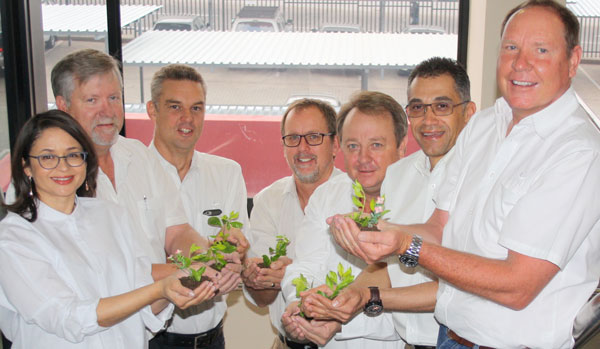
Desired outcomes for tourism in NDP4

Netumbo Nandi- Ndaitwah
In line with the National Tourism Growth and Development Strategy, Namibia is targeting to be the most competitive tourist destination in sub-Saharan Africa by 2017, as measured by the World Economic Forum Travel and Tourism Competitiveness Index.
Namibia has ncreased ranking in sub-Saharan Africa from third with 3.84 out of 7.0 (2011/12) to first with a ranking of 4.40 out of 7.0. However, with many challengs still facing the tourism industry, high level actions are proposed to ensure the desired outcome is attained under the Namibia Development Plan (NDP4). Actions include increasing tourism arrivals and income from current overseas source markets and Africa, which includes regional and domestic tourism. Increased tourists and environmental income will translate into job creation.
In terms of market and product development, a key ongoing strategy will be to reduce seasonality and encourage a geographical spread of tourists, as well as transforming sustainable economic and social empowerment. These will be supported by creating a highly attractive investment climate, coupled with removing unnecessary bureaucratic and regulatory obstacles to doing business, as covered in Chapter 5, “Institutional environment”.
Insufficient generic marketing of the country as a tourist destination will be addressed through an increase in such marketing, while the limited development of new products will be addressed through identifying new markets and products such as ecotourism, community tourism and adventure tourism and further nurturing of existing markets and products. It is proposed that the national marketing budget for tourism be increased threefold over the NDP4 period. The efficient and effective maintenance and development of national parks will be addressed through additional capital development budget allocations, with an eye on ensuring the predictability and consistency of such allocations.
The insufficiency of available skills to run tourism adressed at all levels will be addressed by increasing the number of people educated in tourism-related fields such as languages and hospitality training at Namibian institutions; increasing the opportunities to study tourism-related topics; creating incentives for on-the-job training in tourism activities and simplifying and streamlining procedures for acquiring work permits for foreigners where locally available skills are insufficient.
The coordinating role of development of tourism will fall under the Ministry of Environment and Tourism, however Ministries of Finance, Education and Lands and Resettlement are also major role players in achieving NDP4 goals.











































